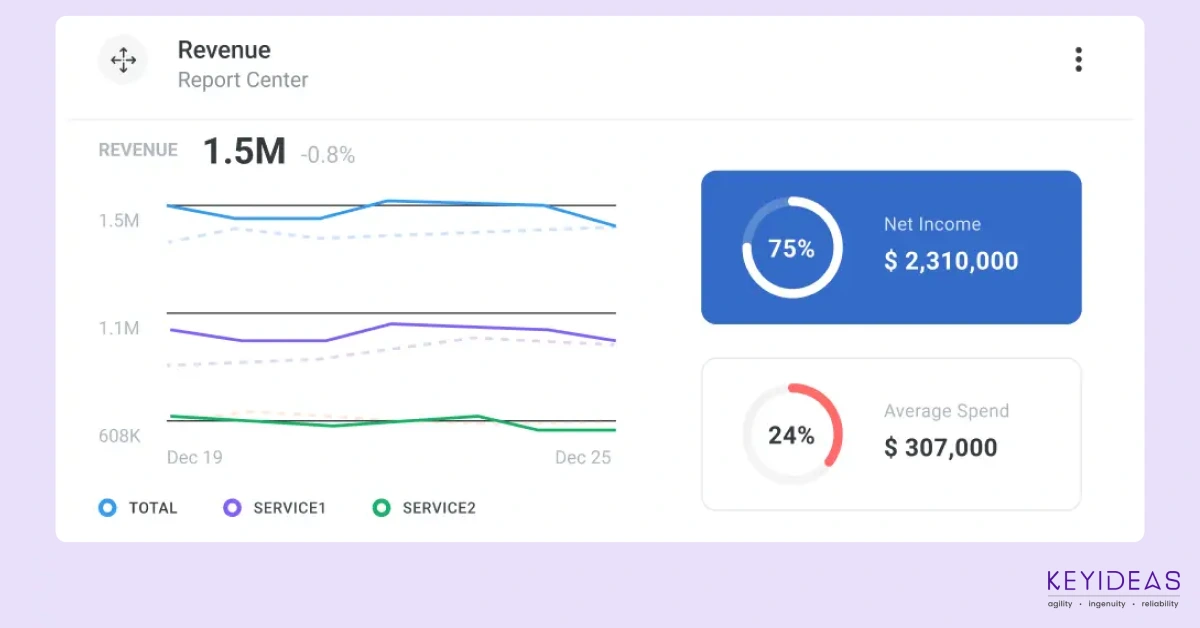
Understanding the Pros and Cons of Software Development Outsourcing
Outsourcing software development has become a popular choice for businesses looking to optimize costs and improve efficiency. However, like any business decision, it comes with both advantages and disadvantages.
By weighing the pros and cons, companies can make informed decisions that align with their goals and growth strategies.
Advantages of Software Development Outsourcing
Outsourcing software development offers numerous benefits that can help businesses scale and remain competitive. These advantages range from reducing operational costs to accessing a global pool of talent.
Additionally, outsourcing allows companies to streamline their processes and focus on innovation without the burden of managing an in-house team.

Cost Savings
Outsourcing reduces the need for in-house teams, saving on hiring, training, and infrastructure costs. It provides access to skilled professionals at more affordable rates, especially in countries like India.
Access to Expertise
Outsourcing allows businesses to tap into a global talent pool, gaining access to specialized skills and expertise that may not be available internally, which enhances project quality and efficiency.

Faster Time to Market
With an outsourced team, businesses can accelerate development timelines, leveraging their partner’s experience to bring products to market more quickly, staying ahead of competitors.
Focus on Core Business
Outsourcing allows internal teams to concentrate on core business functions, while the external team handles software development, leading to increased productivity and business growth.
Innovation Potential
Collaborating with external experts often brings fresh perspectives and innovative solutions to the table, helping businesses leverage new technologies and industry best practices.

Disadvantages of Software Development Outsourcing
While outsourcing can bring significant advantages, it also comes with its share of challenges. Businesses need to be aware of the potential pitfalls to mitigate risks.
Understanding these challenges early on allows for better planning and ensures that any issues can be addressed proactively, leading to smoother collaboration and project success.
Communication Barriers
Language differences or poor communication channels can lead to misunderstandings, affecting the quality of work and project timelines. Effective communication strategies are essential to overcoming this.
Quality Concerns
Outsourcing might result in inconsistent quality if the external team does not fully understand the project requirements or lacks the necessary skills to meet expected standards.

Data Security Risks
Outsourcing involves sharing sensitive information, which can increase the risk of data breaches. Ensuring strong security protocols and confidentiality agreements are in place is crucial.
Time Zone Differences
Working with teams in different time zones can lead to coordination challenges and slower communication. However, clear scheduling and overlap hours can help manage this issue.
Loss of Control
With an external team managing the development process, businesses may feel a loss of control over the project’s progress and decisions. Maintaining regular oversight can mitigate this.
Hidden Costs
While outsourcing is often cost-effective, businesses must be wary of hidden costs such as extra fees for additional services or unforeseen project changes.
Integration Challenges
Integrating outsourced work with internal systems and teams can sometimes be challenging, requiring extra effort to ensure seamless collaboration and system compatibility.

Key Considerations While Outsourcing Software Development
To ensure a successful outsourcing partnership, businesses must take several key considerations into account, from selecting the right vendor to establishing clear communication channels.
Proper planning, transparent expectations, and continuous monitoring are also essential to maintain quality and meet project goals effectively.

Thorough Vendor Evaluation
Carefully evaluate potential outsourcing partners by reviewing their portfolios, client reviews, and technical expertise to ensure they meet your project requirements and standards.
Clear Project Scope and Requirements
Defining a clear and detailed project scope helps prevent misunderstandings and ensures that both parties are aligned on expectations, deliverables, and timelines.
Strong Contractual Agreements
Establishing comprehensive contracts with clear terms regarding deliverables, timelines, costs, and security measures is essential to protect both parties and ensure smooth collaboration.
Effective Communication Strategies
Implementing structured communication channels and regular updates can minimize misunderstandings and keep both internal and external teams aligned throughout the project.
The effectiveness of an online platform solely depends on UX or user experience which is also expressed as the customer satisfaction.
Offshore outsourcing is becoming popular as it reduces overhead costs for the company without having to sacrifice the quality provided to the customer.
By hiring dedicated developers, one can get access to technology, experience, as well as the architecture needed to complete even the most complex project.
Do you want to hire a PHP developer, to develop an attractive website based on PHP? With the advanced technology, hire PHP developers with just a click.




